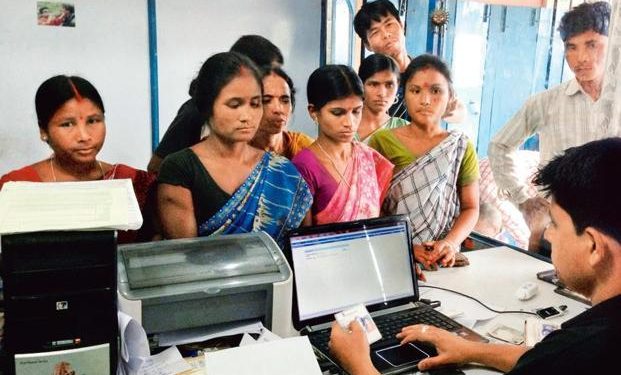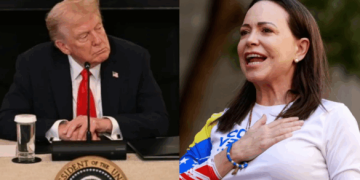If reports are to be believed, soon, banks may pass GST on ‘free services’ to customers who maintain a minimum balance in their accounts.
Reeling under a pile of bad loans and faced with the prospect of paying GST on ‘free services’ given to customers, private and public banks like ICICI Bank, HDFC Bank and State Bank of India (SBI) are considering passing on this cost to them, according to a report.
In October, BloombergQuint reported that the tax department had asked around 19 banks to pay more than Rs 150 billion tax on free services provided to customers who maintain a minimum account balance. According to the report, bank officials said that the amount would increase to about Rs 350 billion if interest and penalty is added to it.
If the banks are charged for these services, the customers may have to pay a higher tax for holding a minimum balance account. According to report, major banks have agreed to start charging 18% GST on the free services.
“We have agreed in principle that we would start collecting GST from customers. The mechanics need to be worked out, but since we are not that big in retail banking, we will wait for the larger banks to come out with a methodology,” said the tax head of a multinational bank.
The move, he said, will affect the common man and discourage the use of banking channels. “Customers will not prefer to maintain balance with banks, eroding money flow in formal channels, said PwC India’s Lunker.
Earlier, in the month of April, the Central Board of Indirect Taxes and Customs (CBIC) came out with a 32-page document covering frequently asked questions (FAQs) on the applicability of the Goods and Services Tax (GST) on the banking sector, after brouhaha ensued when banks were slapped with a service tax notice for non-payment of service tax – plus interest and penalty – on some of the free services extended to their customers.
The FAQ made it clear that free services, like ATM withdrawals and cheque book issuance, provided by banks to customers will not attract GST. It added that the CGST Act, 2017 specifically excludes money and securities. The former, as defined in the Act, includes instruments like cheques, drafts, pay orders, promissory notes, letters of credit, et al. “Therefore, activities that are only transactions in such instruments would be outside the definition of service. This would include transactions in Commercial Paper and Certificate of Deposit (as they are in the nature of promissory notes), issuance of drafts or letters of credit, etc,” it explained.
GST was rolled out from July 1, 2017, prior to which central excise and service tax was levied on goods and services.
Business Standard






































